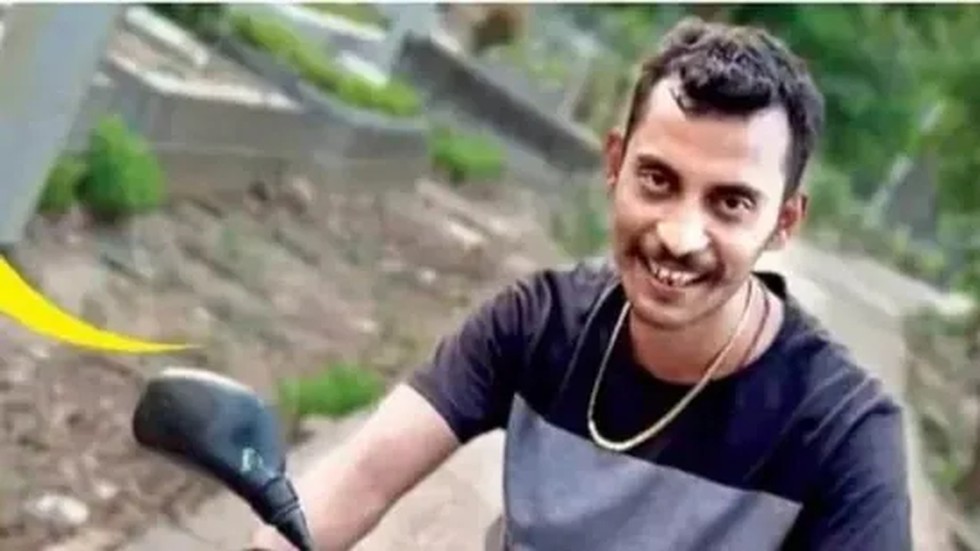About Polygraph test:
- The polygraph test operates on the premise that physiological responses triggered when a person is lying differ from their responses when they are being truthful.
- During the test, instruments such as cardio-cuffs or sensitive electrodes are attached to the suspect to measure variables such as blood pressure, pulse rate, respiration, sweat gland activity, and blood flow as questions are posed.
- Evaluation: Each response is given a numerical value to determine whether the individual is telling the truth, being deceptive, or uncertain.
Supreme Court Judgements:
- According to the judgment of the Supreme Court in Selvi & Ors vs State of Karnataka & Anr (2010):
- Polygraph tests can only be administered with the accused’s consent.
- Consent must be informed, with the accused having access to legal counsel and a thorough explanation of the test’s physical, emotional, and legal implications.
- The National Human Rights Commission’s Guidelines for polygraph tests, issued in 2000, must be strictly adhered to.
- The accused’s consent should be documented before a Judicial Magistrate.
- Any evidence or information obtained through a voluntarily consented polygraph test can be admitted in court.
